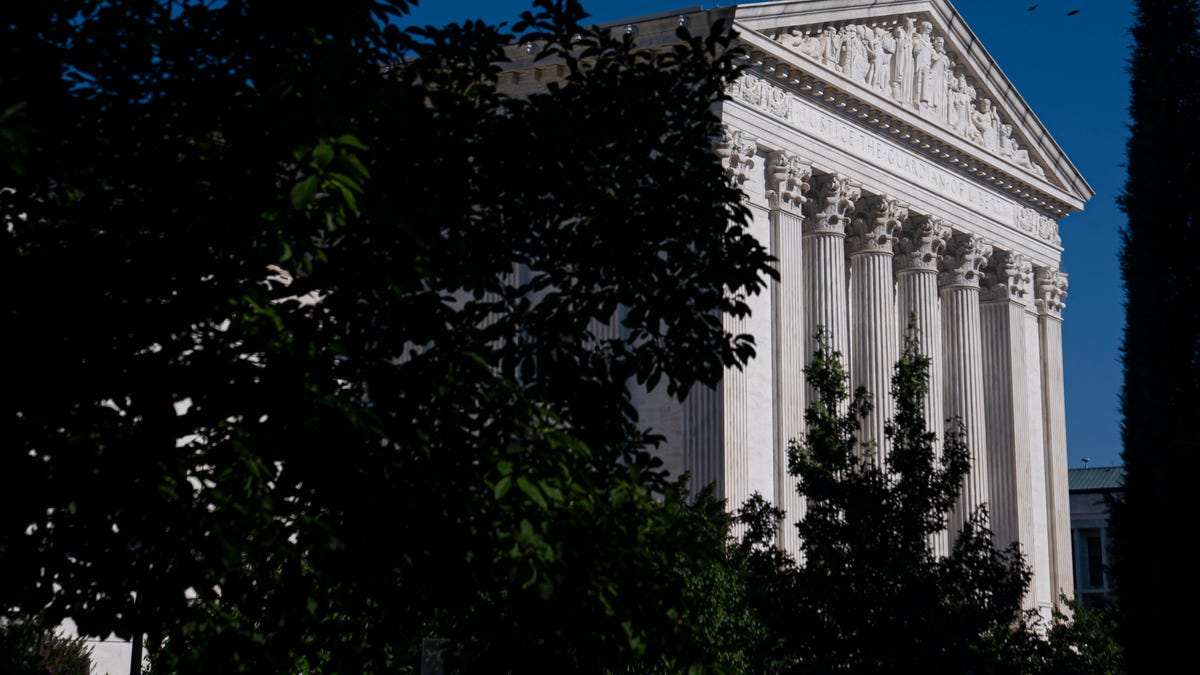FTC Commits to Protecting Sensitive Data Amid Post-Roe v. Wade Privacy Concerns
The Federal Trade Commission says it'll double down on anonymized data, protect highly sensitive personal information and target companies that misuse consumer data.

The US Federal Trade Commission announced on Monday that it'll crack down on the illegal use and sharing of highly sensitive information. This comes after the Supreme Court overturned Roe v. Wade last month, putting increased focus on data privacy as more states make abortions illegal.
The consumer protection agency said it'll pay particular attention to anonymized data, secure highly sensitive location and health information, and go after companies that misuse such data.
"The Commission is committed to using the full scope of its legal authorities to protect consumers' privacy," the FTC said in a release. We will vigorously enforce the law if we uncover illegal conduct that exploits Americans' location, health, or other sensitive data."
The agency also mentioned that it planned to protect "a particularly sensitive subset" of personal information regarding location and health data related to reproductive health matters.
The FTC's announcement arrives amid questions surrounding data privacy in a post-Roe v. Wade US, where personal data can be used to prosecute those seeking abortions and other forms of reproductive health care in states that outlaw abortions.
Concerns regarding period tracking apps, location services and other technology that involves personal data have grown after the Supreme Court overturned the nearly 50-year-old ruling that protected the right to an abortion. Some tech companies have taken steps to protect people seeking abortions. Google, for instance, has said it'll delete people's private data after they visit abortion clinics.
Read more: With Roe v. Wade Overturned, Your Abortion Searches Could Be Used to Prosecute You

